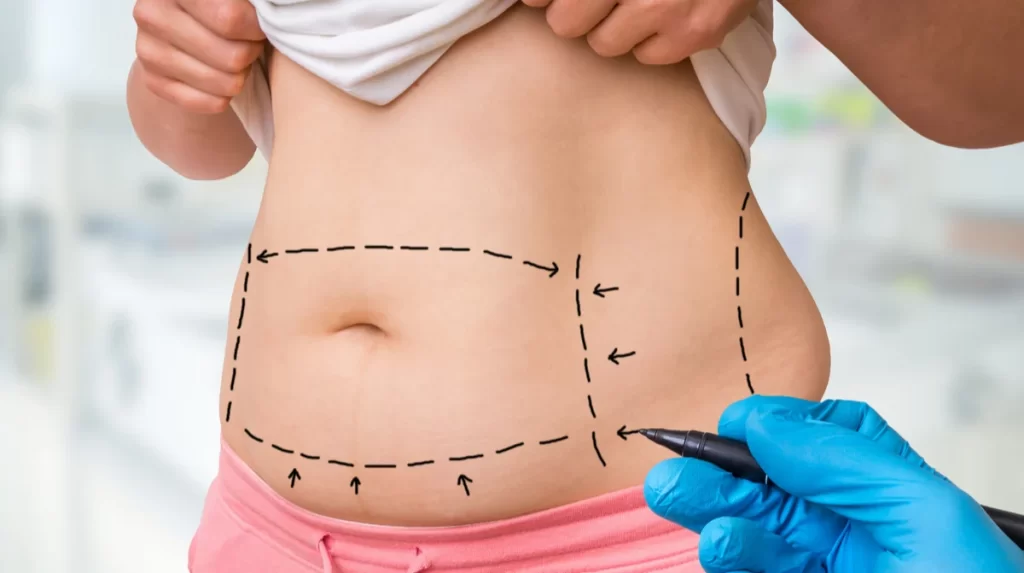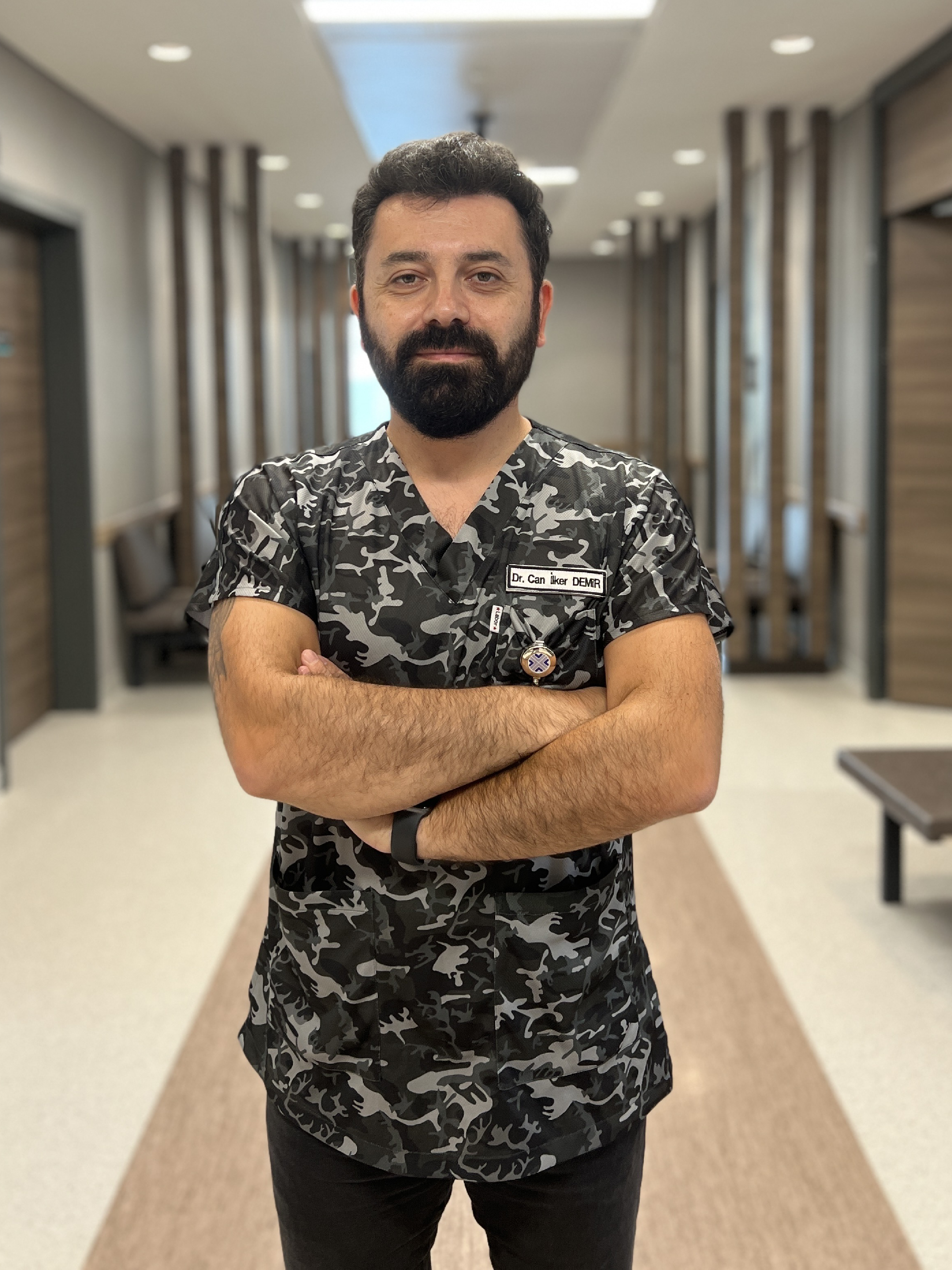Answer: Liposuction is a surgical procedure performed to remove excess fat tissue in the body. Using a vacuum device and a thin cannula, fat cells are suctioned, thus reducing unwanted fat accumulation and shaping the body.
Question: How is liposuction performed?
Answer: Liposuction is usually performed under local anesthesia or general anesthesia. The surgeon inserts a thin cannula through small incisions on the skin and moves it to suck out the fat cells. After the fatty tissue is absorbed, pressure is applied for a period of time for skin tightening and healing process.
Question: In which areas can liposuction be applied?
Answer: Liposuction can mostly be applied to areas such as the abdomen, waist, hips, thighs, knees, upper arms, neck and chin. It is preferred to reduce excess fat accumulation in these areas and correct body lines.
Question: What is the recovery process like after liposuction?
Answer: There may be slight swelling, bruising and discomfort after liposuction. The recovery process varies from person to person, but usually takes a few weeks. Your surgeon will give you specific instructions and make recommendations to support your healing process, such as painkillers, tight clothing, and activity restrictions.
Question: Is liposuction permanent?
Answer: Yes, the reduction of fat cells in liposuction areas is permanent. However, it is important to maintain a healthy lifestyle to prevent new fat accumulation. Factors such as balanced nutrition, exercise and weight control help ensure long-lasting results.
Question: Who is liposuction suitable for?
Answer: Liposuction is suitable for people who are at a healthy weight and are disturbed by stubborn fat accumulations in certain areas. However, liposuction is not a weight loss method and is not suitable for people with obesity problems.
Question: What happens if weight is gained after liposuction?
Answer: Liposuction permanently removes fat cells from the treated areas, which means that if you gain weight after the procedure, the remaining fat cells in your body may still expand. While liposuction can provide long-lasting results, it is important to maintain a stable weight to maintain the benefits of the procedure.
Question: What are the risks of liposuction?
Answer: Although liposuction is generally a safe procedure, it carries risks, as with any surgical intervention. These may include complications such as infection, bleeding, skin damage, fluid accumulation, and skin rippling or irregularity. Therefore, it is important to consult an experienced plastic surgeon for liposuction.
This information is to provide a general understanding of liposuction. Our surgeon will give you more detailed information according to your specific circumstances and expectations.


